|
Have you been curious if an EMDR intesive would help you?
Let's see! Do any of these struggles or concerns resonate with you:
EMDR Intensive Therapy = Symptom Relief Sooner Email me at: brittni@inspiredhope.life to get on the waitlist for EMDR intensives. I'm cheering for you! - Brittni Kelchner, LMHC, LPC, MCAP 100% Virtual EMDR Intensives in FL, MO, and SC Hope & healing are possible!
0 Comments
Did you know there are 168 hours in each week??
|
AuthorYou matter. Archives
December 2023
Categories |

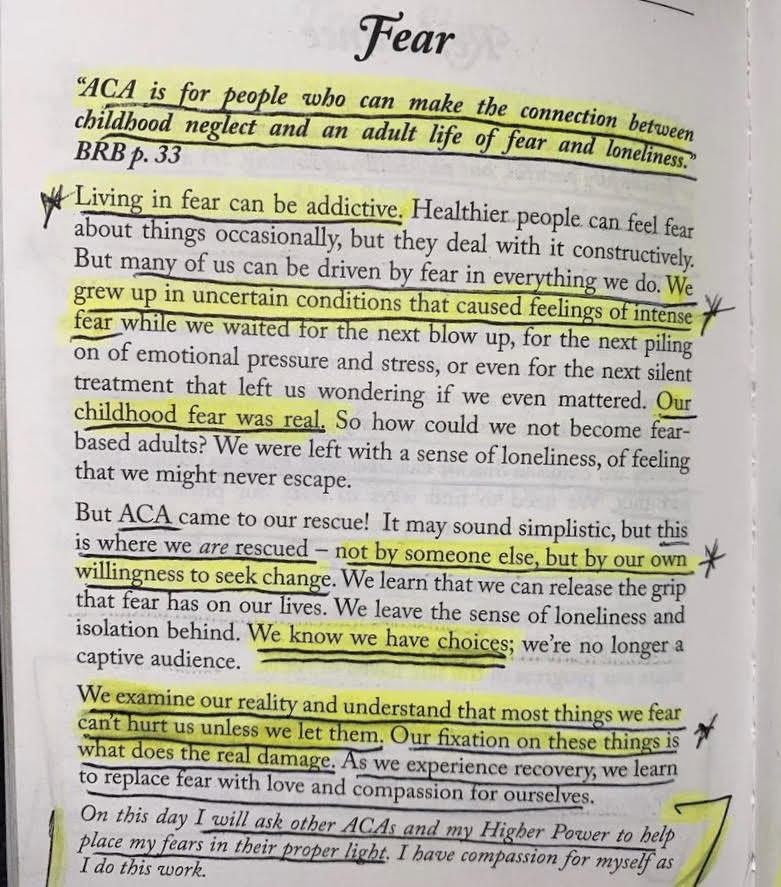
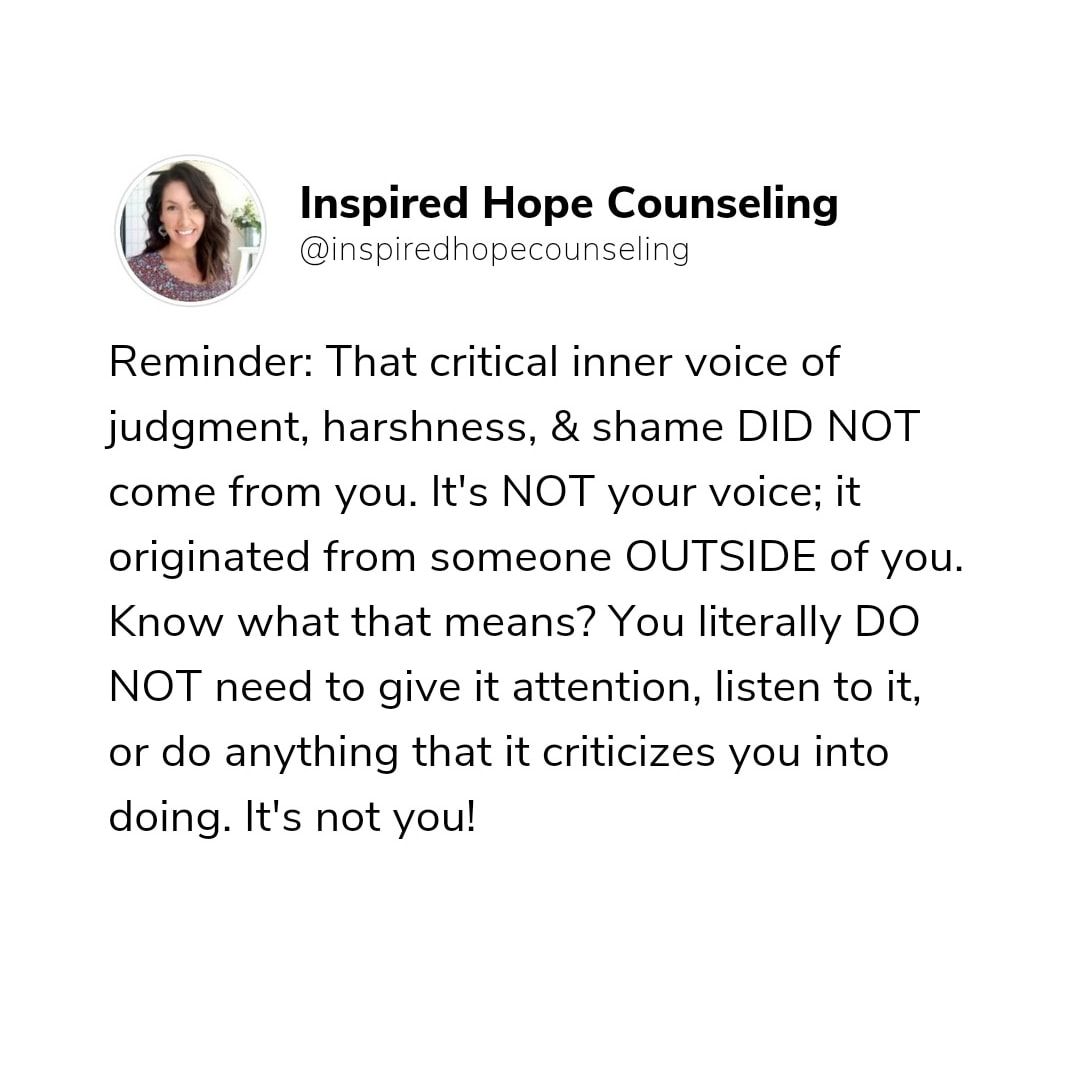
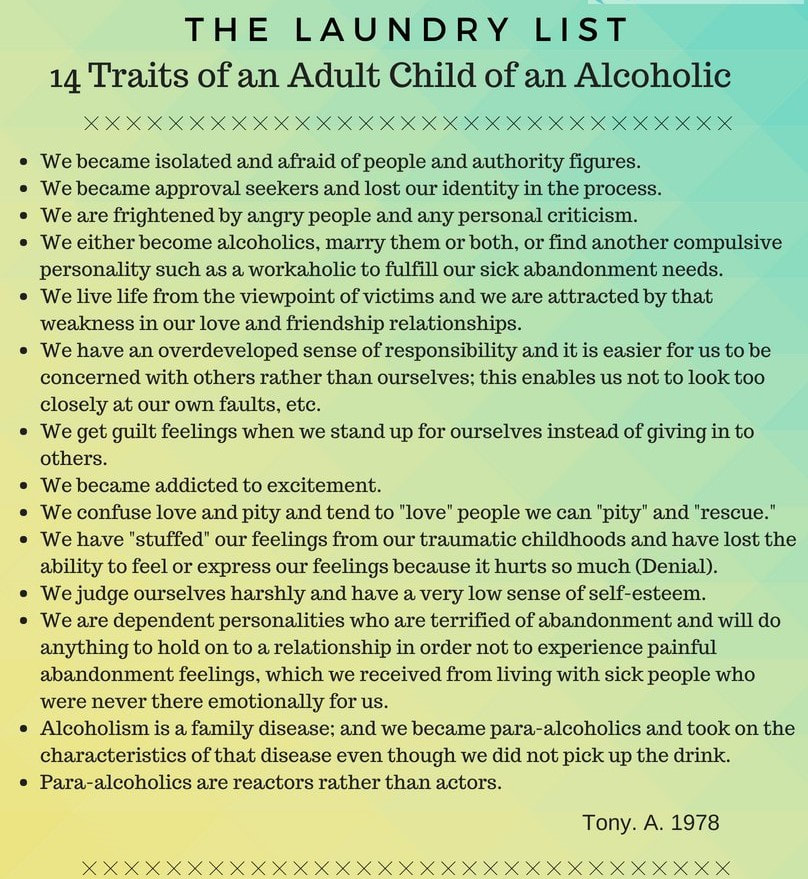
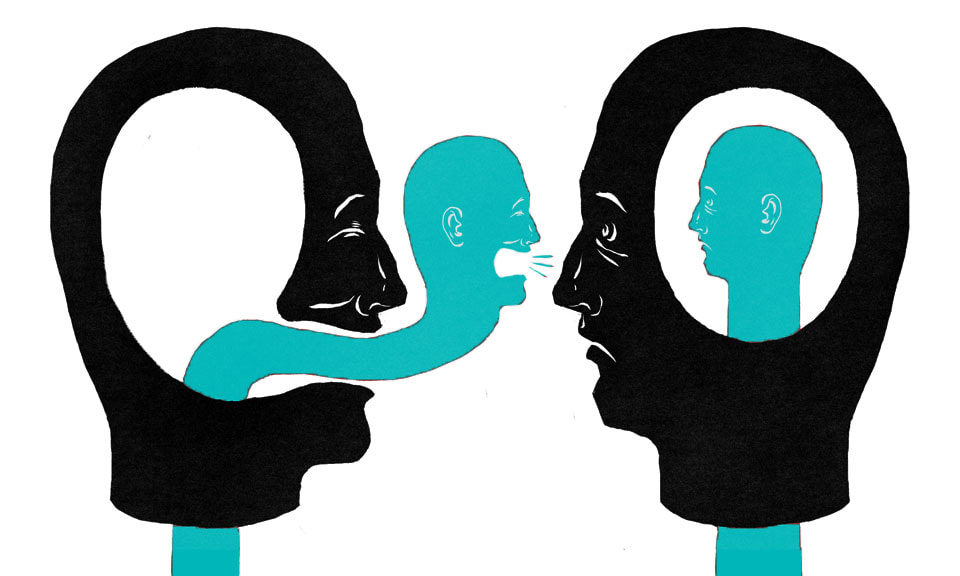
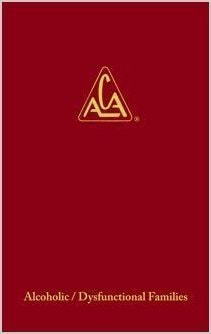
 RSS Feed
RSS Feed